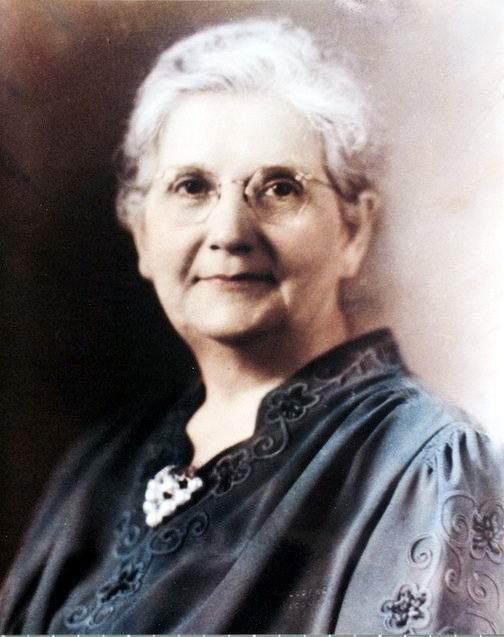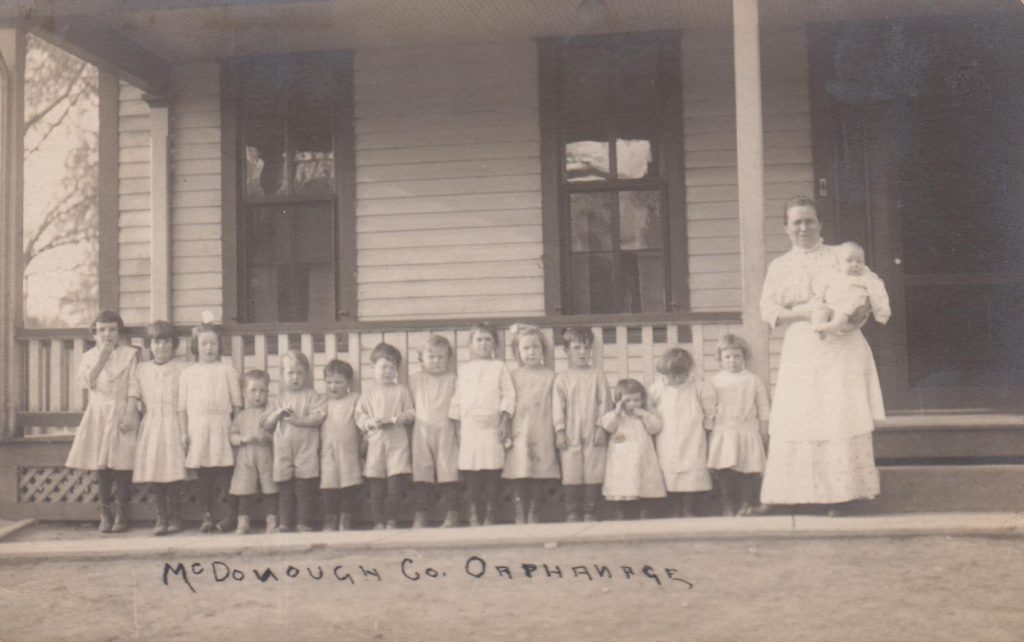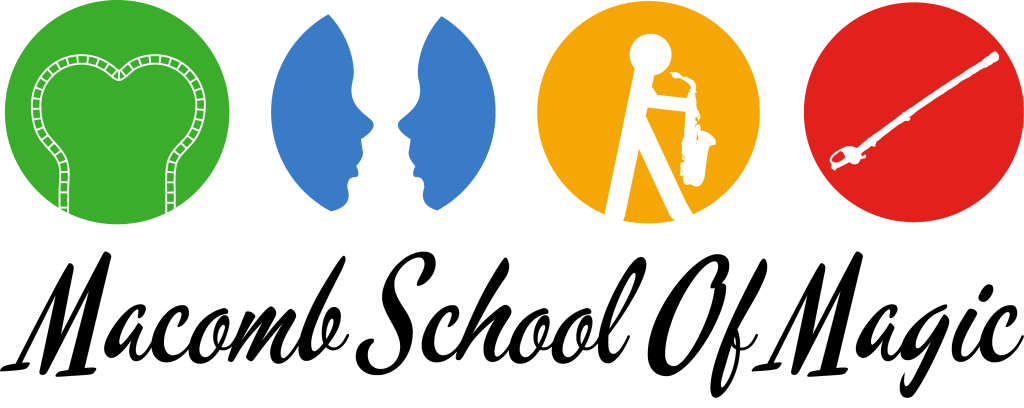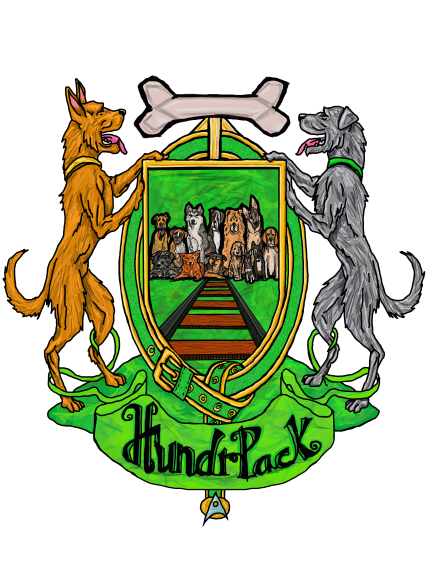Our founders and history
The steadfast earthly company of Hundrpack are as fierce as they are compassionate. This house was founded by Sadie “Mother” Moon who sought to help the sick and needy in her community. During The Great Depression, many people could not find jobs and had little money, Mother Moon was known to always have cookies in her apron pocket, ready to share a treat with any child she met. Those who needed a hot meal could find one at her home.
The Hundrpack House started out as a group of like-minded travelers along the railroad. Mother Moon helped the group transition their caring and compassionate natures into a community and establish a house. They now share their gifts of caretaking, recycling, and building strong communities with others.
Take the history challenge



Challenge 1
Sadie Moon was known to have cookies in her apron pockets. The children in her neighborhood could be assured a little something to eat. Do you know what year The Great Depression started?
Answer
On October 24, 1929, the Stock Market crashed and many people lost money they invested. This had a ripple effect that caused hardship across the country.
Challenge 2
When and who invented the chocolate chip cookies?
Answer
The story goes that the chocolate chip cookie was invented in the 1930s by Ruth Wakefield. She was the owner of the Toll House Inn in Whitman, Massachusetts. By accident she added broken chocolate bar pieces into her cookie batter thinking that they would melt. That happy accident gave us the well-loved chocolate chop cookie!
Read more about the invention of the chocolate chip cookie.
Challenge 3
There were other women who helped children in the Macomb area. Josie Westfall started a home where children could live if their parents were not able to take care of them. She and Rose Jolly would make sure they had a home and that they went to school, too.
What’s the name of a someone who doesn’t have any parents? Clue… Harry Potter was one!
Answer
Orphan. The places where these children live was called an orphanage. In the 1930s, most orphanages closed; it was thought that children without parents should live with a family member or with adults that wanted to have them as part of their family. This is called foster care.

